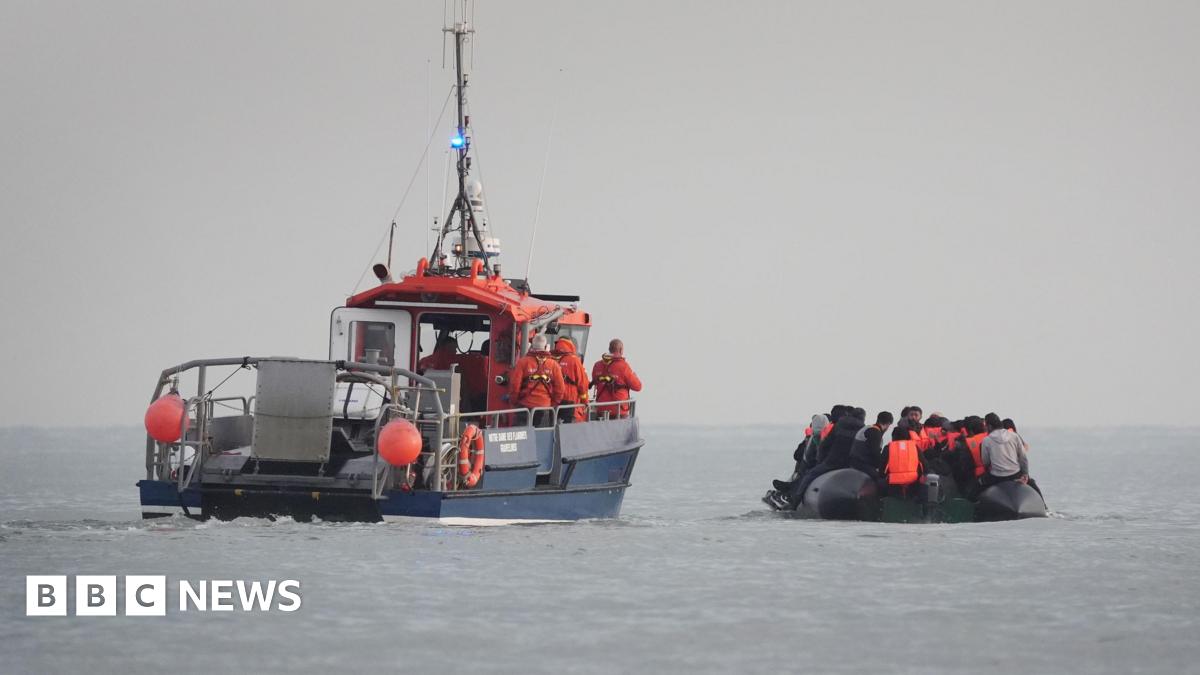Prime Minister Sir Keir Starmer is pressing to make a “one in, one out” deal the centrepiece of a new agreement with France.
The arrangement would allow Britain to return migrants who arrive by small boat to France in exchange for accepting asylum seekers with a family connection in the UK.
The purpose would be to demonstrate to those considering the perilous crossing that they could plausibly end up straight back in France, in the hope that this would deter them.
But any such exchanges would have to happen in large enough numbers to become an effective deterrent.
Getting a deal of this sort would be a big breakthrough as it would be the first clear sign of French willingness to take back migrants who have crossed the Channel.
But the optimism on the UK side of a deal being agreed this week is heavily qualified.
Downing Street is in separate talks with the European Commission to overcome opposition to the deal from a group of five Mediterranean countries who have complained they may be forced to accept people deported from the UK.
Sir Keir has also been pushing for France to revise its rules to allow police to intervene when boats are in shallow water, rather than requiring them still to be on land.
On Tuesday, a Downing Street spokesperson said the government expects new powers allowing French police to act before boats reach open water to be “operationalised soon”.
But the spokesperson said months of negotiations between Sir Keir and Macron were “bearing fruit”.
Last week the BBC witnessed French officers use a knife to puncture an inflatable boat after it had launched in an apparent change of tactics.
Asked about the tactics, a Downing Street spokesman said: “The French are now looking to bring in important new tactics to stop boats that are in the water, and we’re expecting that to be operationalised soon.
“We are the first government to have secured agreement from the French to review their maritime tactics so their border enforcement teams can intervene in shallow waters.
“This is operationally and legally complex, but we’re working closely with the French.”
